 |
|
||||||
|
 |
|||||||||
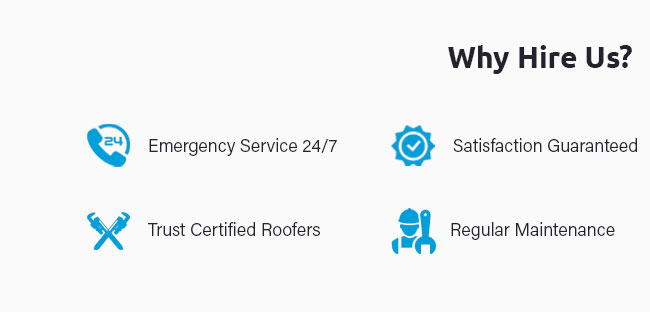 |
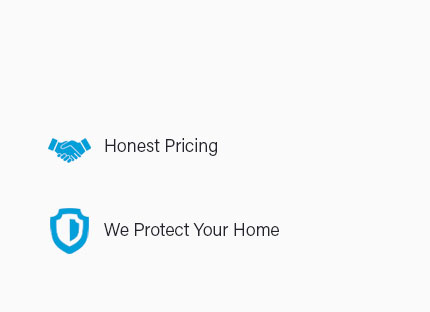 |
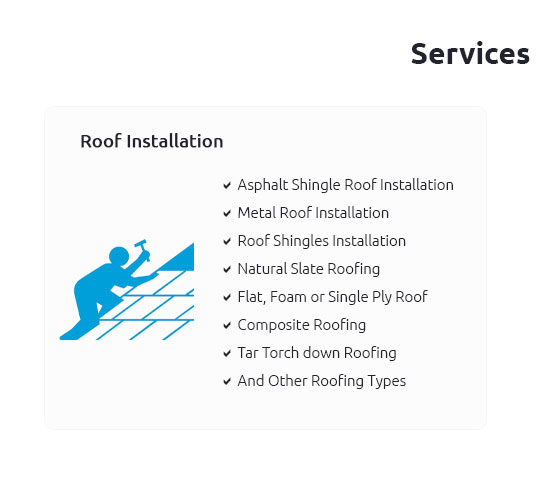 |
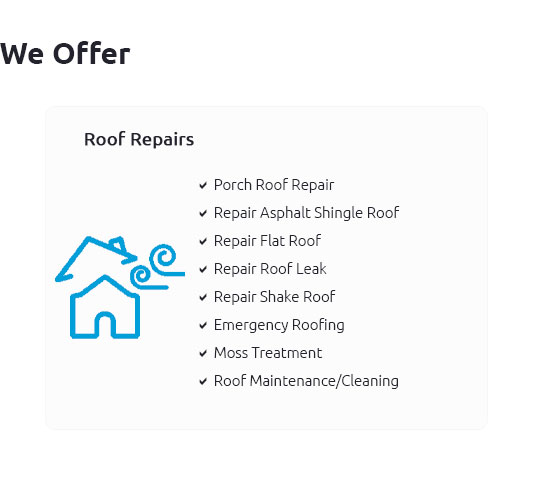 |
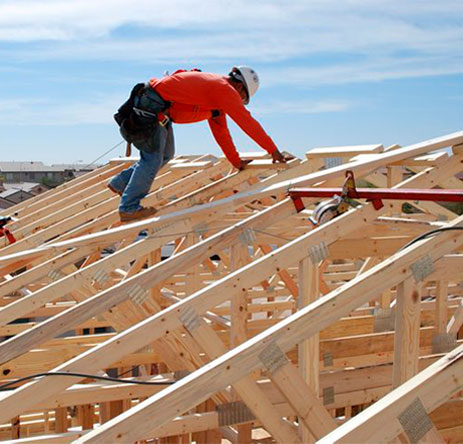 |
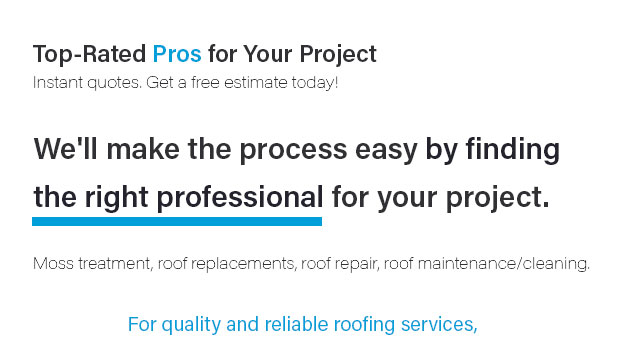 |
 |
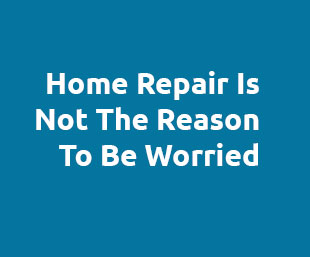 |
 |
|
|
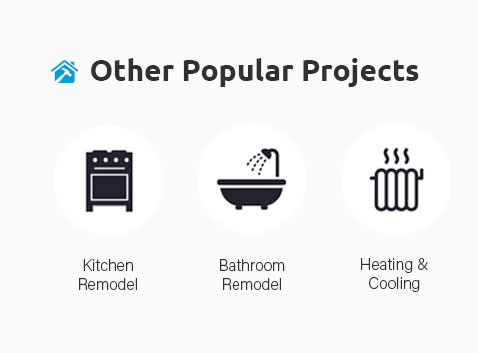 |
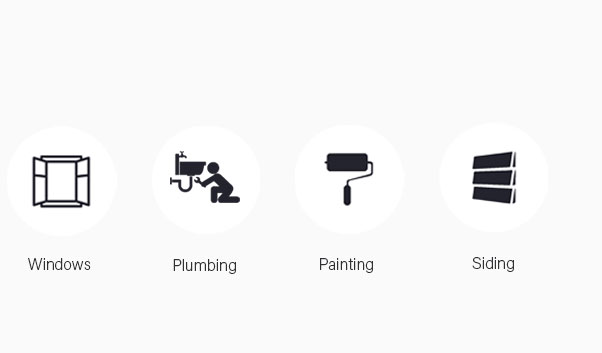 |
 |
 |
|
fqo7zj8ma Our roofing service specializes in providing the best flat roof replacement options to meet your specific needs. Local roofers utilize high-quality materials to ensure durable and efficient flat roof installations. Explore our wide range of flat roof replacement options designed to enhance your property's value and protection. Trust our experienced roofing team for reliable flat roof solutions tailored to your budget and preferences. We pride ourselves on delivering exceptional service for all flat roof replacement projects in the area.
https://www.thespruce.com/types-of-flat-roof-material-options-1824707
Single Layer Membrane Roof - Modified Bitumen Roofing - Built-Up Roofing - Standing Seam Metal Roof - The Best Materials for a Flat Roof - Flat Roof ... https://www.thisoldhouse.com/roofing/21015399/3-flat-roof-types
Understanding Flat Roof Systems - Built-Up Roof (BUR) - Modified Bitumen Roof (MBR) - Rubber Membrane Roof (EPDM). https://www.reddit.com/r/Roofing/comments/1bcatbf/home_flat_roof_replacement_tpo_or_epdm/
Flat roof options include spf, tpo, PVC, modified bitumen, tar and gravel, EPDM, and metal roofs. SPF is essentially a spray foam. On top of ...
|







